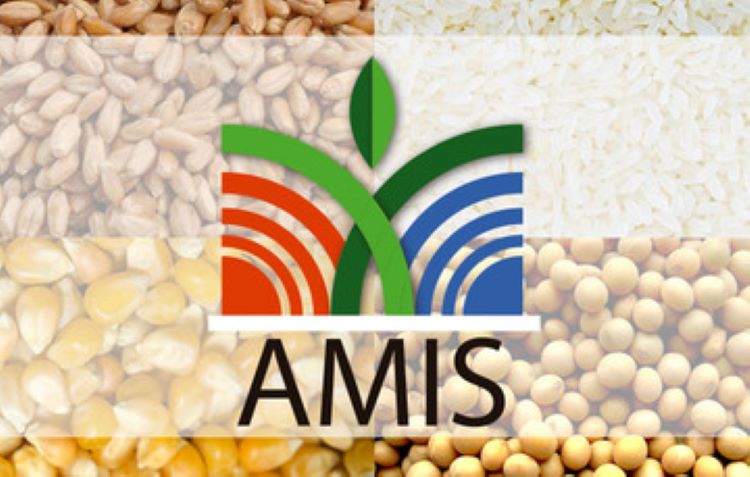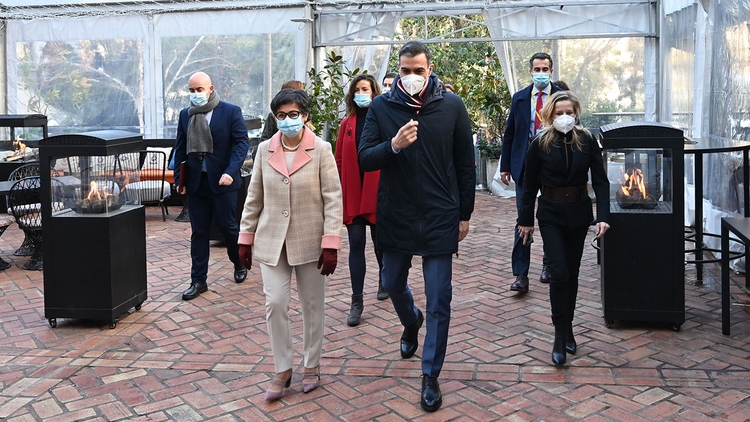The Diplomat
The Council of Ministers yesterday authorized the Ministry of Agriculture, Fisheries and Food (MAPA) to make four contributions totaling 89,386 euros to various international agricultural, livestock and fisheries organizations and programs considered to be of interest to Spain.
MAPA regularly makes voluntary contributions to various international organizations, programs and funds dedicated to the development of agricultural, livestock and fisheries resources and the agri-food and food industry. These contributions are justified by their convenience and opportunity to support the activity of these organizations, which are of interest to Spain because they are tools for promoting the Ministry’s priorities abroad and its position in them.
In the area of fisheries, a contribution of 30,000 Euros has been authorized to the Regular Program of the Food and Agriculture Organization of the United Nations (FAO), in support of its Blue Ports Initiative, which aims to reduce the difference in training and knowledge between different fishing ports in different geographical areas, and at the same time strengthen their technical capacity. The aim of this initiative is to promote the sustainable development of coastal regions through actions in Blue Ports, understood as centers of knowledge and capacity building in the three dimensions of sustainable development: environmental conservation (pollution reduction), social benefits (decent employment) and economic growth.
The FAO Regional Office for Europe and Central Asia will receive 9,386 euros for training activities for the prevention and control of animal diseases. According to MAPA, having sufficient material resources and adequately trained human resources to deal with animal diseases in the countries of Europe and Central Asia increases the health guarantees for the livestock sector, which is of great importance in the Spanish agrifood sector.
On the other hand, MAPA will allocate 20,000 euros to the Seed Digitalization System of the Organization for Economic Cooperation and Development (OECD). This system will facilitate the import control work carried out by the seed area of the Spanish Plant Variety Office (OEVV) and will provide greater security to the production and distribution chain of OECD seeds, by having direct information from the national authorities, instead of having to resort to documents, certificates and occasional checks of their validity.
The Agricultural Market Information System (AMIS) will receive an additional contribution of 30,000 euros to that already authorized this year. This system brings together the most important countries in terms of trade in the main agricultural commodities, including Spain, and assesses world supply, providing a platform for coordinating political action in times of market uncertainty. “AMIS takes on greater importance in the current context caused by the war conflict in Ukraine,” the Government stresses. Therefore, its role in monitoring commodity markets will be strengthened in order to obtain information on important elements in determining commodity balances, such as stocks or monitoring the cost of fertilizers and energy.







